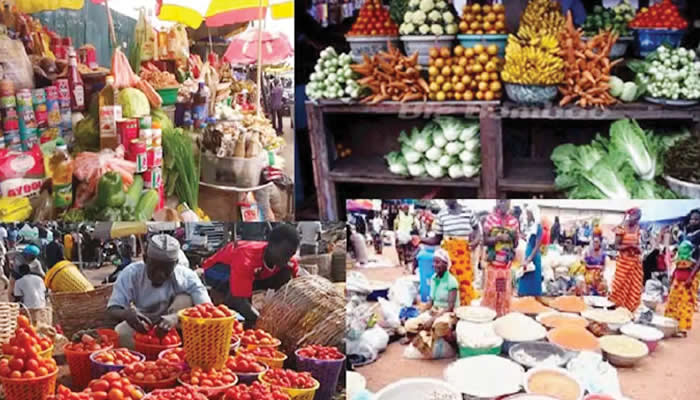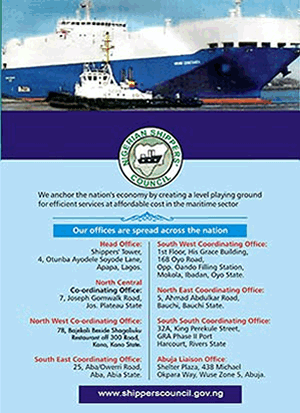

BY GODWIN OBI WITH REPORTS FROM JAMES AKINOLA
Nigeria’s food crisis has taken a dramatic turn as the nation’s agricultural import bill surged to a staggering ₦2.22 trillion in the first half of 2025—igniting outrage among farmers, millers, and industry stakeholders who say government policies are crippling local production and pushing the country deeper into food insecurity.
At the centre of the storm is President Bola Tinubu’s directive to slash food prices, a move critics describe as a quick-fix pronouncement that ignores the harsh realities of farmers and the market. On September 11, Minister of State for Agriculture and Food Security, Sabi Abdullahi, announced in Abuja that a Federal Executive Council committee had been ordered to enforce measures to crash food prices by ensuring smooth passage of farm produce nationwide.
But almost immediately, the backlash began.
“All farmers are complaining,” said Kabir Ibrahim, National President of the All Farmers Association of Nigeria (AFAN). “Prices of crops have collapsed to the point that farmers cannot even afford fertiliser. Imports have dealt a deadly blow to our members.”
According to Ibrahim, maize that once sold for ₦60,000 per tonne before last year’s duty-free import window now goes for just ₦30,000, leaving farmers stranded. “Our farmers are not happy. Many have abandoned their farms. How can they survive when input costs remain high, but their produce is worthless?” he asked.
Private operators are equally alarmed. Peter Dama, Chairman of the Competitive African Rice Forum, warned that issuing decrees on food prices was no solution.
“You don’t just wake up and order private companies to slash prices,” he told Frontline Reporters. “Government should sit with stakeholders, subsidise transport and inputs, and encourage investment. Otherwise, farmers and millers will walk away, and we’ll be left with empty silos.”Tractors Still Gathering Dust
The frustration is compounded by delays in mechanisation. In July 2024, the Federal Government launched 2,000 tractors to boost productivity. More than a year later, none has reached farmers.
“We need those tractors to replace back-breaking labour,” Ibrahim lamented. “Yet no modalities have been released. Farmers are running out of patience.”
An Agriculture Ministry official, who spoke anonymously, admitted the tractors were still awaiting presidential approval for distribution. “A technical committee is expected to work out the details,” the source said.
Fresh data from the National Bureau of Statistics paints a grim picture. Agricultural imports climbed from ₦1.04tn in Q1 2025 to ₦1.18tn in Q2—a 32.6% rise compared to the same quarter in 2024.
This surge followed a 180-day duty-free window introduced in July 2024, which allowed millers and firms to import rice, maize, wheat, beans, and millet tax-free. While designed to crash prices, farmers say the policy only triggered a flood of imports that wiped out local competitiveness.
“Government itself is stuck with unsold stock in silos,” Ibrahim revealed. “Traders too are counting losses. Some rice bought at ₦140/kg now sells for ₦70, and much of the imported rice is poor quality—some even weevil-infested.” Even with falling farm-gate prices, many Nigerians remain unable to afford food. “The real problem is the Naira,” Ibrahim said bluntly. “People simply do not have money to buy, no matter how cheap food gets.”
Women farmers have also raised alarms. Chinasa Asonye, National Secretary of the Small-Scale Women Farmers Organisation in Nigeria, said input costs are squeezing rural producers to the brink. “Subsidised fertilisers were sometimes expired, causing more damage than good. If government doesn’t intervene properly, women farmers—the backbone of rural agriculture—will be forced out.”
Stakeholders agree that piecemeal interventions—duty-free waivers, presidential orders, or delayed tractor rollouts—cannot save Nigeria’s food system.
“The only way forward,” Dama argued, “is consistent engagement, real subsidies for inputs, and investments that strengthen local capacity. Import licences will never replace local production.”
With imports soaring, silos overflowing, and farmers abandoning fields, the warning is stark: unless government resets its approach and puts producers at the centre, Nigeria risks trading food sovereignty for dependency—at the expense of its own farmers.
ADVERTISEMENTS:
















2025-09-14

